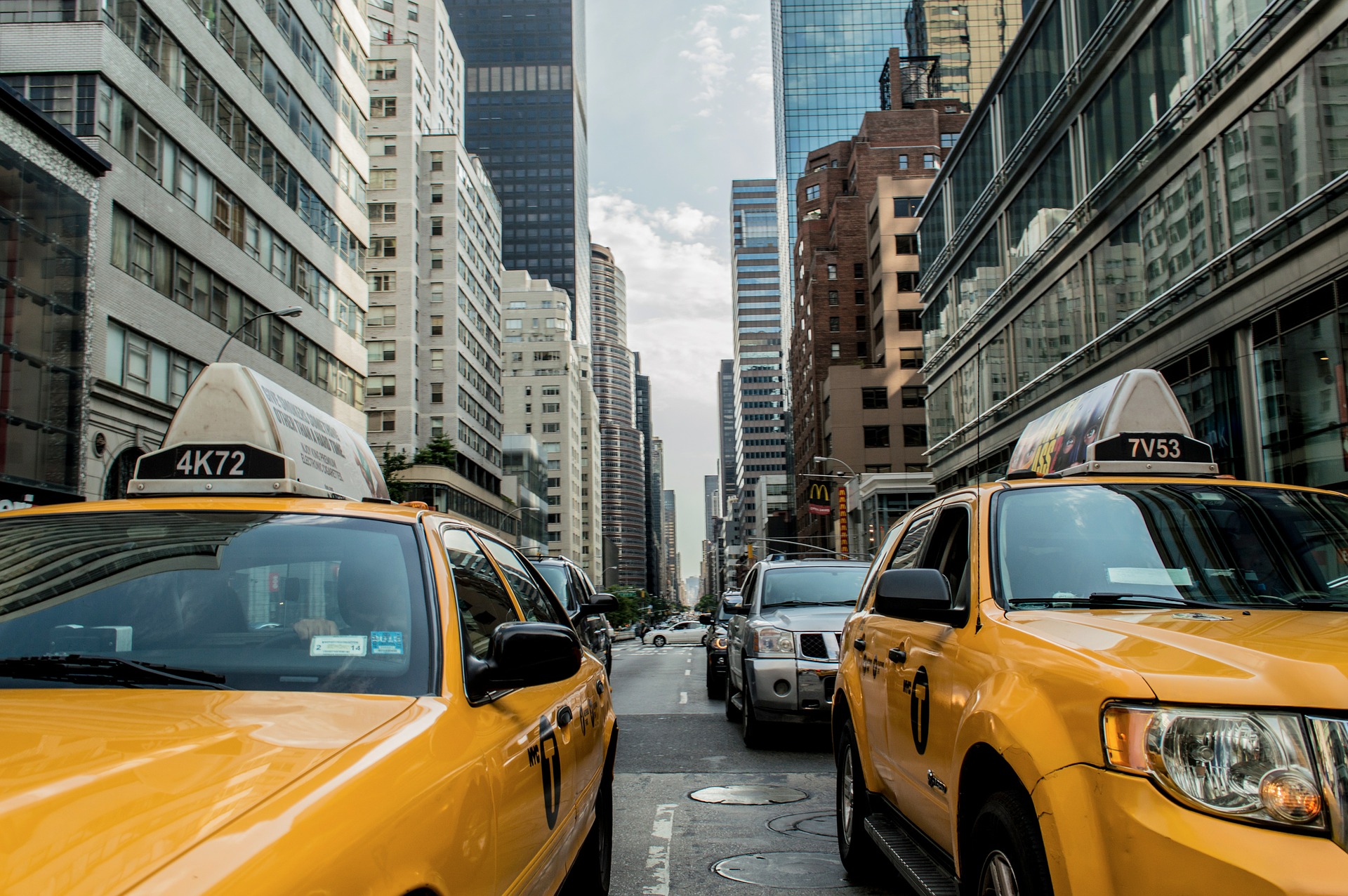
03 Apr What N.J. taxes do I owe on N.Y. property sale?
Photo: pixabay.comQ. My brother and I inherited our father’s house in New York City in 2015. It was my brother’s primary residence. The property sold in 2017 for $100,000 above the date of death value. As a New Jersey resident, what taxes do I owe?
— Son
A. You may owe plenty of taxes, but not necessarily to the entity you think.
Federal capital gains are imposed on profits from your share of the New York real property, said Shirley Whitenack, an estate planning attorney with Schenck, Price, Smith & King in Florham Park.
She said New York State also imposes capital gains tax and there could be local taxes, too.
Then there’s New Jersey, which does not impose capital gains taxes, she said.
Whitenack said the amount of capital gains taxes that may have to be paid depends on your income tax bracket.
“The investment would be considered to be long-term because it was held for at least a year and a day,” she said. “Federal tax filers for the year 2017 in the 10 to 15 percent tax bracket pay zero percent, those in the 25 to 35 percent tax bracket are subject to a 15 percent rate and those in the 39.6 percent tax bracket are subject to a 20 percent rate.”
New York’s top capital gains rate is the second highest in the country at 31.5 percent, but is lower for those in lower tax brackets, Whitenack said. “While the federal capital gains tax rate is lower than the rate for ordinary income, the New York rate is the same as the ordinary income rate.”
You should speak to your tax preparer to make a determination on your capital gains taxes.
Email your questions to .

